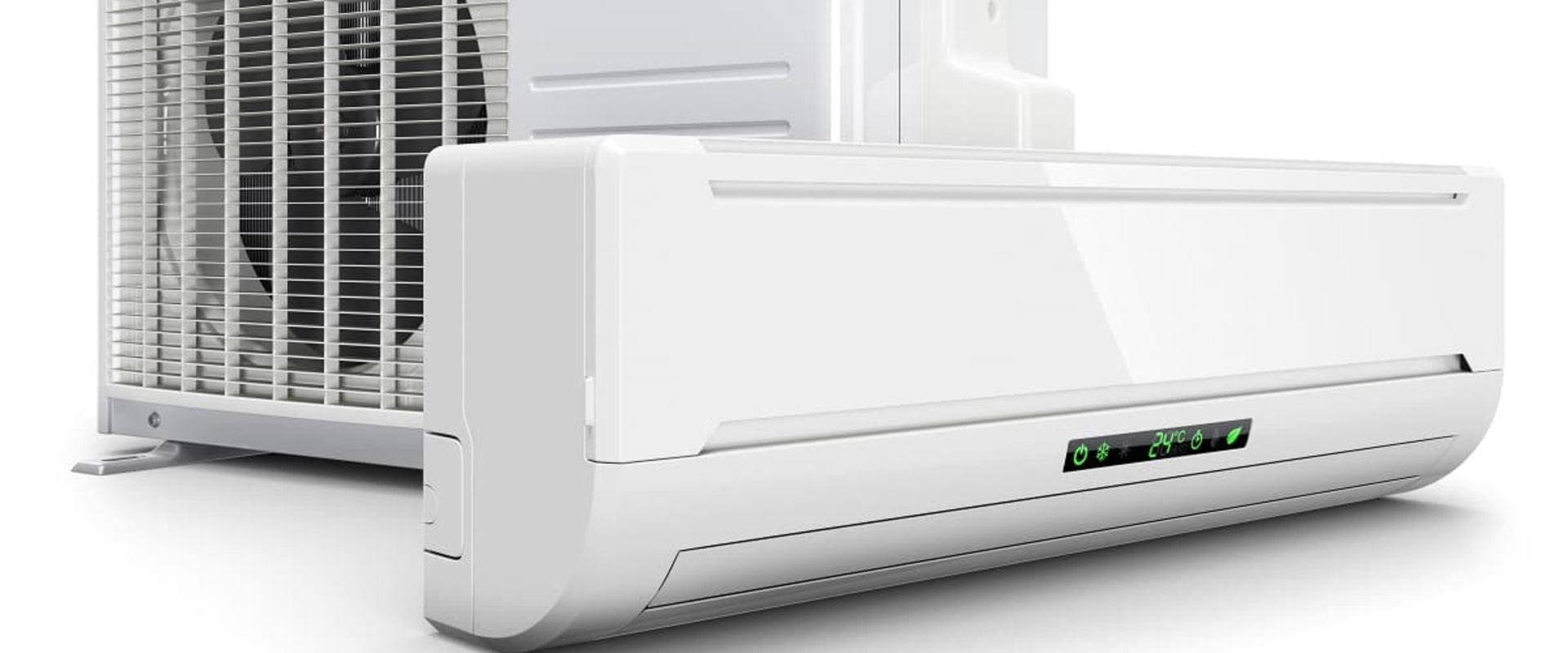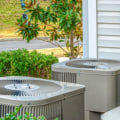The energy efficiency of HVAC systems is typically classified from 13 to 23, with the highest SEER ratings being the most energy efficient. In order to obtain Energy Star status, air source heat pumps and central air conditioners must maintain 12 EER for split systems and 11 for package units. It's important to note that proper installation and care of the system goes a long way in helping it to operate at maximum efficiency for many years. The federal government's standards for the efficiency of cooling systems are useful when comparing prices.
However, choosing a cooling system that simply meets the minimum will not help you achieve optimal energy efficiency. The HSPF measures efficiency over an entire season and measures how many BTUs the heat pump will generate for each kWh used. System performance is measured by a higher seasonal energy efficiency index (SEER) and energy efficiency index (EER). HVAC technicians calculate this by recording the temperature in the house, outside it, at 50% of the relative humidity and running the air conditioner for about an hour.
A higher efficiency rating means that your air conditioner will need less electrical energy to cool your home quickly. The Department of Energy offers online energy efficiency calculators to help homeowners predict how much money they will save on energy costs with equipment with different SEER ratings. Since up to half of the energy used in your home is used for heating and cooling, it's useful to consider products with high efficiency rates. These ratings are useful for determining the efficiency of your air conditioning unit, depending on the type and size of the unit.
When shopping for a new HVAC system, it's important to consider its energy efficiency rating. The higher the rating, the more efficient the system is and the more money you can save on your energy bills in the long run. The SEER rating is a measure of how much cooling output you get from a unit per watt of electricity used. The higher the SEER rating, the more efficient your system is and the lower your energy bills will be.
The EER rating measures how much cooling output you get from a unit per watt of electricity used at a specific outdoor temperature. It's also important to remember that proper installation and maintenance are key factors in maximizing your HVAC system's energy efficiency. An improperly installed system can reduce its efficiency by up to 30%. Regular maintenance can help keep your system running at peak performance and help you save money on your energy bills.
When selecting an HVAC system, it's important to consider its energy efficiency rating as well as its size and type. A higher SEER rating means that your system will be more efficient and cost less to operate over time. The Department of Energy offers online calculators that can help you estimate how much money you can save on energy costs with equipment with different SEER ratings. Proper installation and regular maintenance are also essential for maximizing your system's energy efficiency.



